It was a late December evening and my mom had just arrived in Krakow, where I had been studying for the past three months. We were making our way from my apartment to where she was staying in the nearby city center.
As we approached the Main Square, a group of rowdy young men approached us.
It happened in a brief second, but their words were unmistakably clear.
“Ching-ching-chong.”
It lingered in the shadows of the street long after they disappeared down the road.
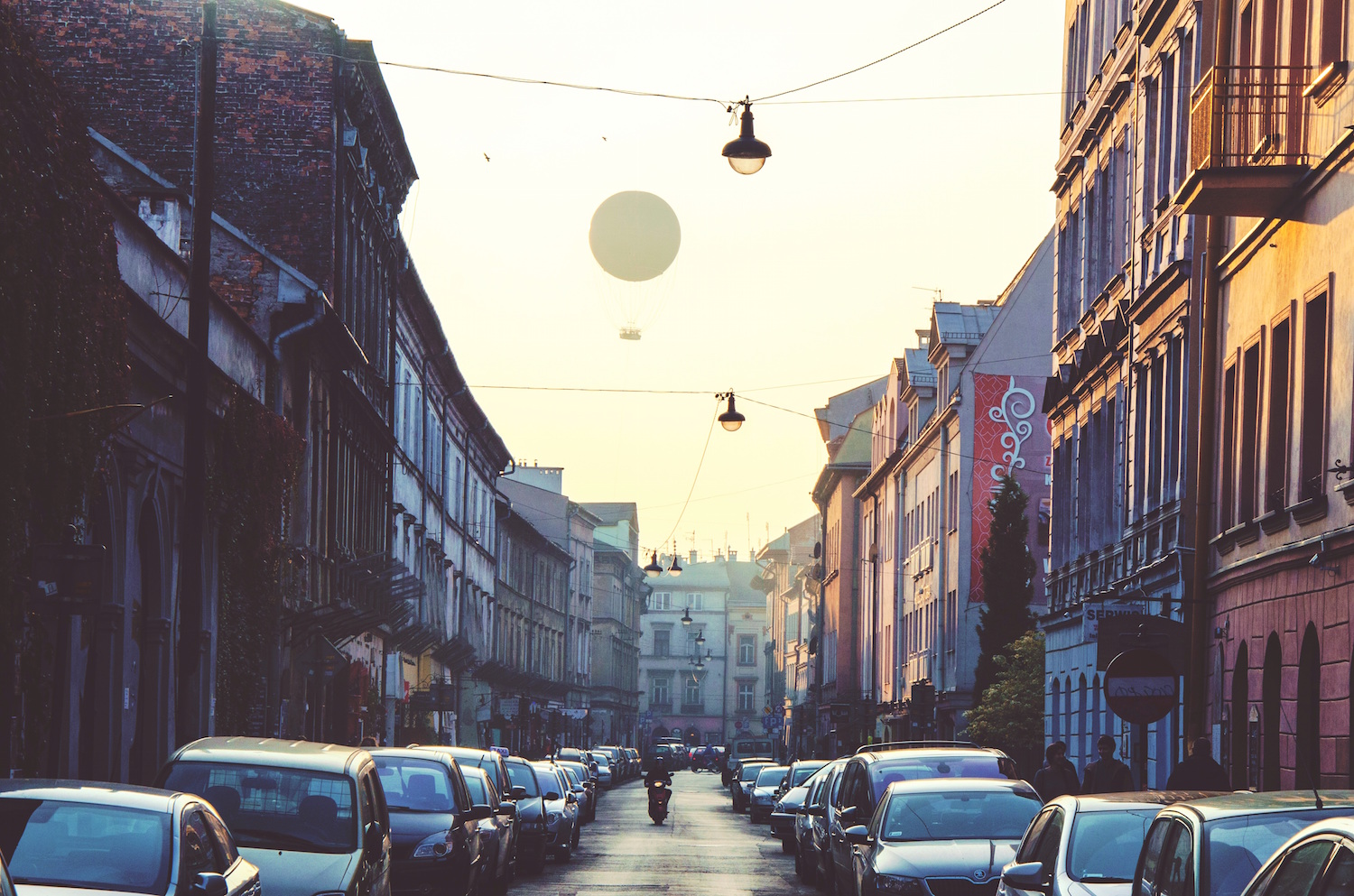
There were so many things I thought of saying long after it happened (isn’t that always how it goes?). How I was not only Chinese, but also Polish, just like them. How we had more in common than their narrow minds had assumed.
Despite the few wonderful months I’d already spent in the city, on that darkened street, the pride I had been feeling until then was replaced with a deep shame for my Chinese heritage, and the way it drew unwanted attention.
For the rest of the walk back, my mom and I didn’t say anything to one another, but instead let the stillness of the night swallow our thoughts in shared shame. I felt like I had let her down. She’d come all the way to Poland to visit me, only to experience this blatant racism on her first night there.
For the first time, the city that I had fallen for seemed laced with darkness and disappointment.
Growing up, I often felt my Chinese heritage was dominant.
It was present in my facial features, at holiday gatherings with my mother’s large extended family in the Bay Area, and my natural preference to foods like dim sum.
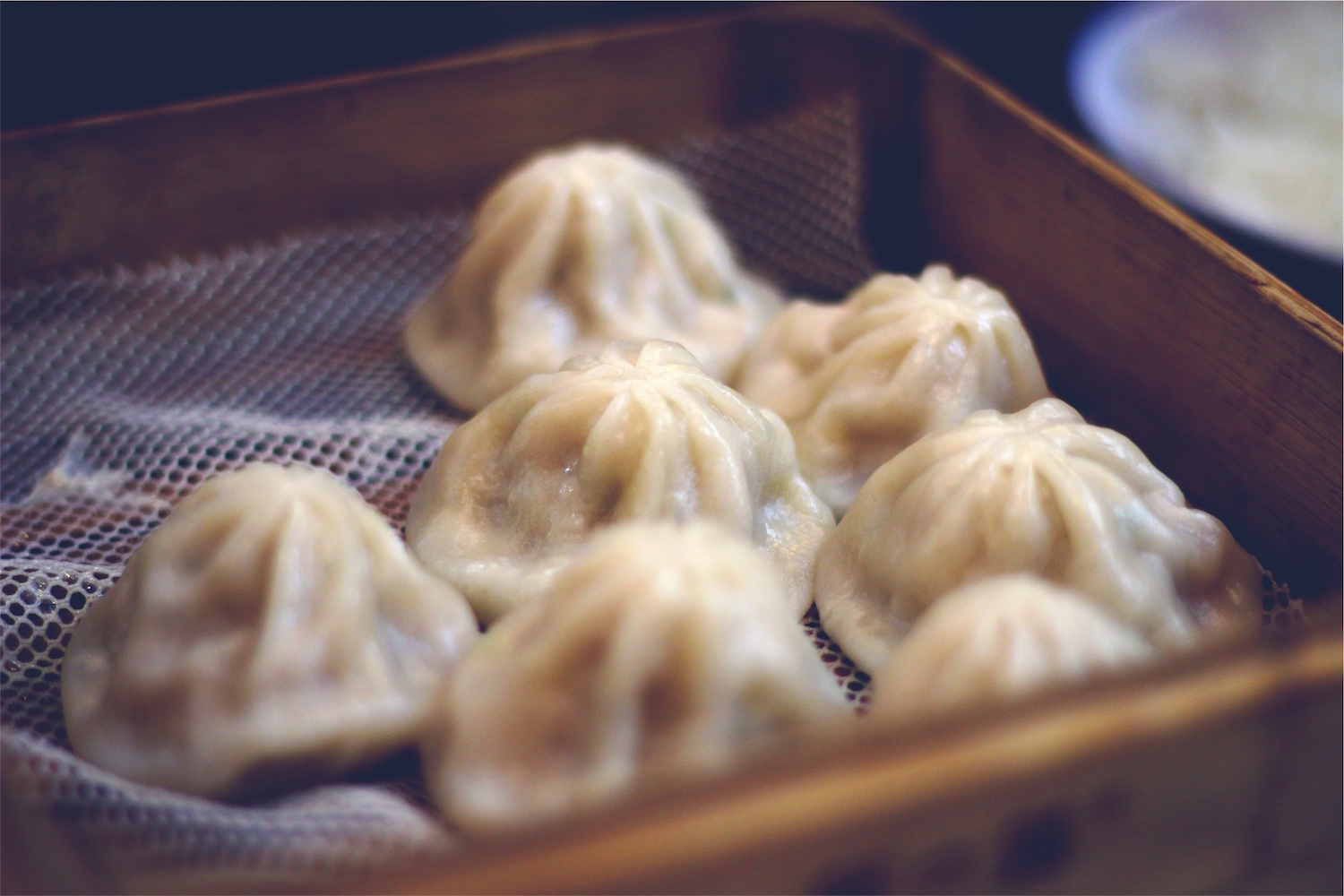
My Polish heritage, on the other hand, was only experienced during humid Chicago summers, where my grandmother would welcome us with plates full of strawberry pierogi topped with sour cream. Her home was filled with photos of Pope John Paul II.
But as I got older, I became deeply interested in the country my grandparents had left after World War II with hopes of a better life in the US.
It was not until I decided to study abroad that I began to understand that half of my cultural identity had been dormant all those years.
In the fall of 2008, I moved to Krakow.
At Jagiellonian University, I studied Polish cinematography and the Holocaust’s effects on Poland. I wanted to understand the often-painful past of a incredibly resilient country.
I began to crave golabki (cabbage rolls stuffed with meat and rice) and bitter zurek (white rye) soup from communist-style Milk Bars. I made friends with Gosia, a Polish student in my Sociology and Psychology of Terrorism course, and we quickly bonded over our mutual interests and a love of hot chocolate. I cheered on the local Wisla football team with my study abroad group as our fingers froze in the chilly autumn air.
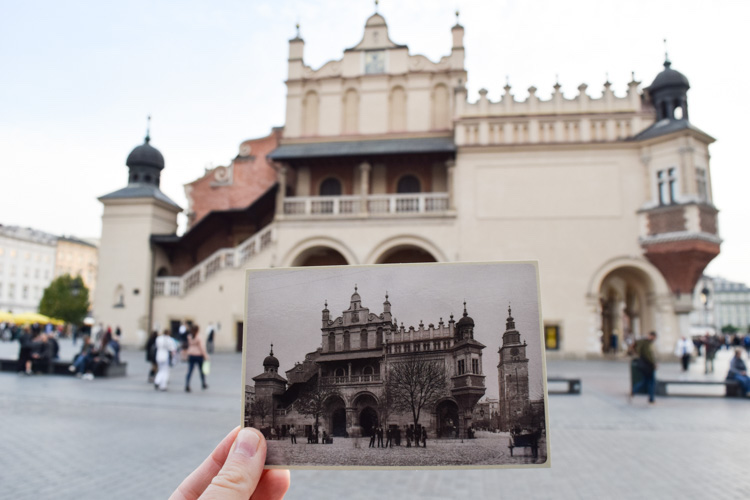
And on an overcast September day, I took the local bus out to my grandmother’s village, an hour outside the city.
I met my cousin, and she showed me the church my grandmother had attended as a young girl, and the house she had grown up in before the war took her away to Germany. I had the disoriented feeling of seeing my last name, Kitlinski, etched in stone at the local cemetery, where many of my great-grandparents and other family members were laid to rest. I met my grandmother’s step-sister, who instantly gathered me in a huge embrace as if we had known each other our whole lives.
Long after I left the village, its gently sloping hills and dusty dirt roads stayed with me, and made me feel connected to a part of my past that had been invisible to me before.
After just three and a half short months, I had fallen in love with a city, country, and culture that had existed solely as just another European location in my mind before.
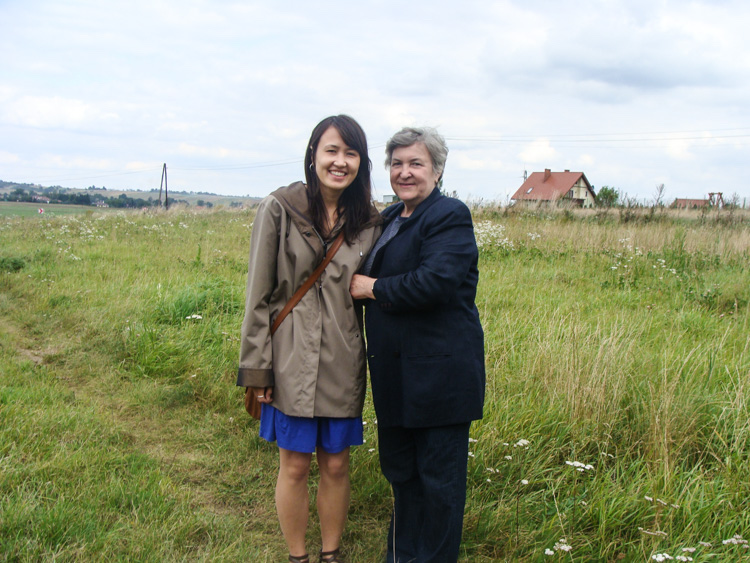
I could not have been prouder of my Polish heritage.
Even though I felt a strong tie to my roots in Poland, my physical appearance often deceived me in such a homogeneous country.
To the locals on the street, I was a foreigner from somewhere in Asia, not a biracial American.
This was a strong contrast to the diverse Bay Area where I grew up. There, I never had to think twice about being biracial, and was proud to be part of two different cultures. In Krakow, my mixed identity made me feel misunderstood and isolated.
And it wasn’t just in overt moments of prejudice. The smaller ones stung as well.
Falling sick with a mysterious stomach ailment, I was brought by my residential director, Piotrek, to the local clinic to see why I could not eat for three days straight.
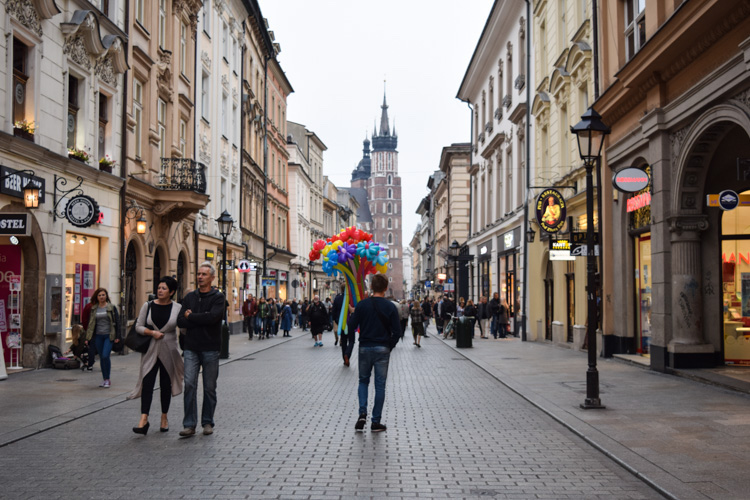
“Dzien dobry,” I said in greeting as I sat down in the office of an older male doctor.
Instead of mirroring my reply, a slight frown crossed his forehead. “Can you speak Polish?” he asked, in English.
I shook my head.
“Usually if you use a greeting in Polish, this is an indication that you want to continue in this language,” he scolded.
I was stunned. I thought that I was just trying to put effort into using what little Polish I knew.
He studied my last name, and looked up, surprised.
“Ah, you are married,” he said.
Once again, I shook my head with what little energy I could muster and answered, “My dad’s Polish. My mom’s Chinese.”
“Huh, that’s interesting,” he said with the slight frown returning, “I’ve never heard that one before.”
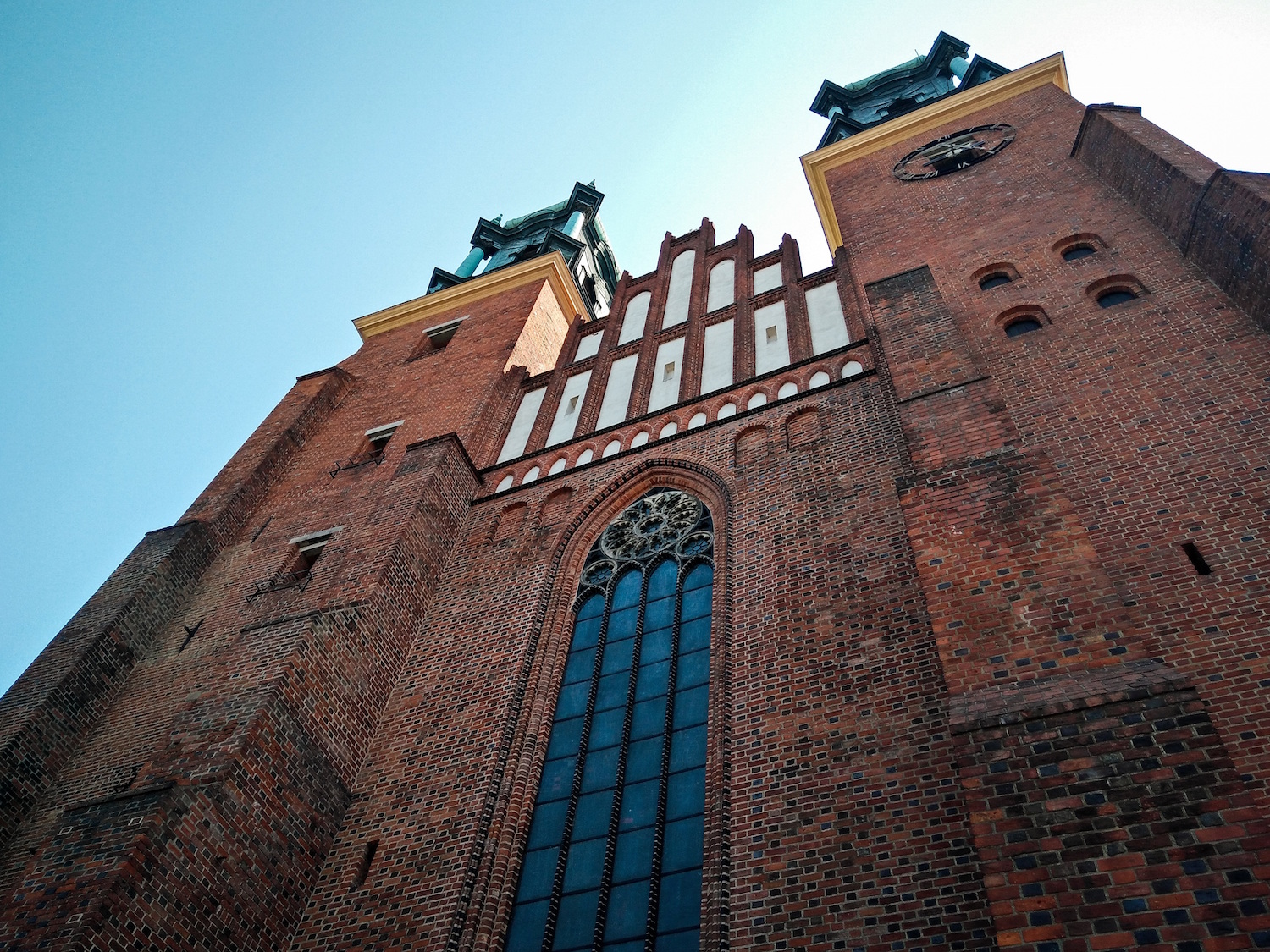
This past September, I returned once again to Krakow.
There were sushi restaurants everywhere, and a popular Thai restaurant near the Main Square. Krakow seemed like a completely new, more diverse city, and it gave me hope.
On my last night in the city, I was walking down Slawkowska Street, returning from my favorite restaurant, where I had just inhaled a plate of cabbage and mushroom pierogi.
I passed a group of rowdy young men. And then I heard it, loud and clear.
“Konichiwa.”
A lot had changed. But a lot had also stayed the same.
Read next: Leaving Germany allowed me to be seen as German
I can’t change others’ perceptions of me.
I realized that there on the street, in that split second of cruelty. And — more importantly — I also realized that others’ perceptions of me are nothing to be ashamed of.
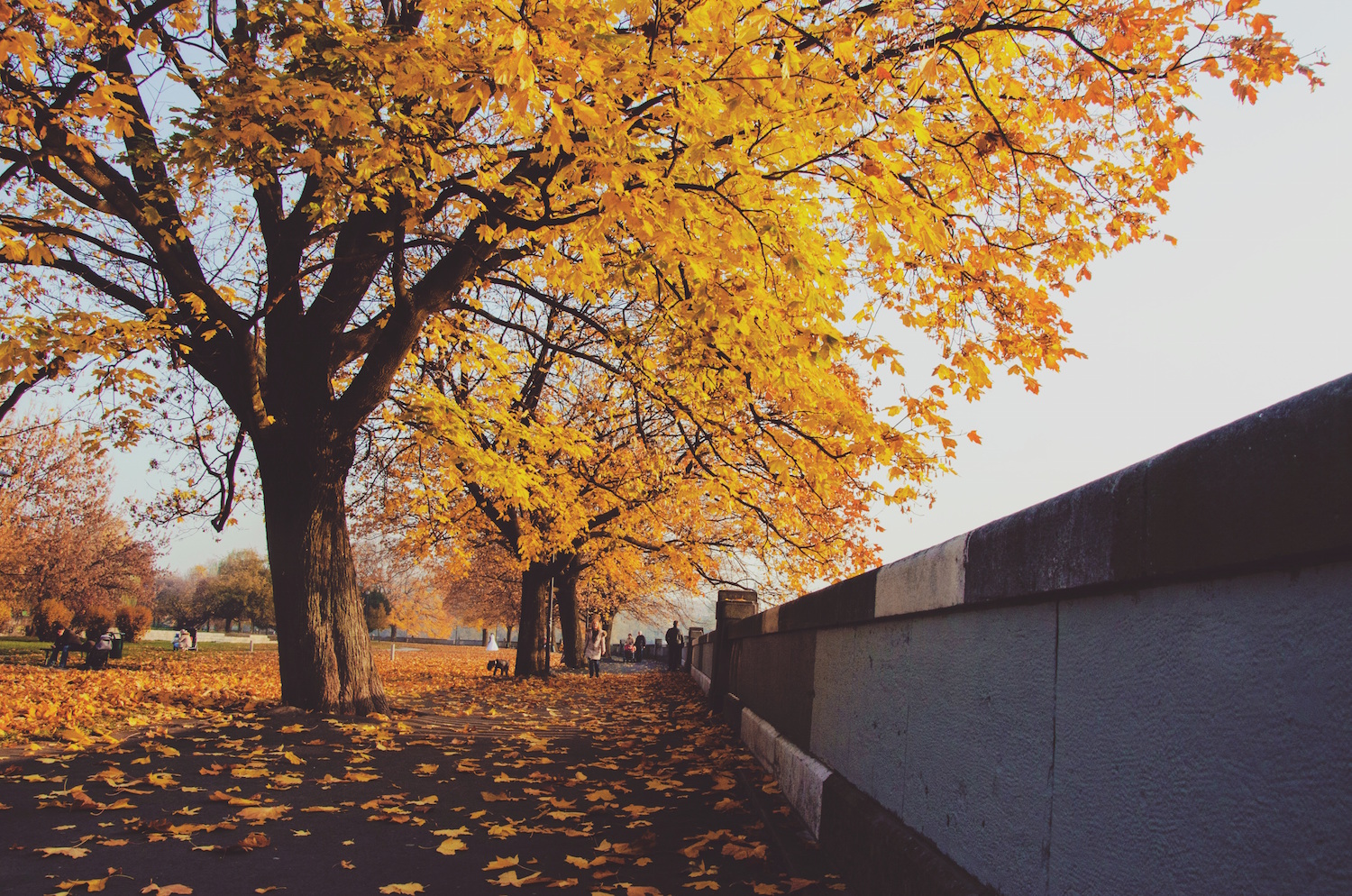
In that moment, I made myself a promise: From then on, anytime someone said something discriminatory, I would dismiss their ignorance. Not because it wouldn’t sting, but because such actions don’t deserve a reaction. Without a reaction, actions are ineffective, and the moment’s power will shift to me.
Being biracial is a blessing, not a curse, no matter where I am in the world. And those who are narrow-minded are the ones who should be carrying shame.
So, with these new revelation in mind, I held my head a bit higher, and made my way towards the comforting sights and sounds of Krakow’s Main Square.

